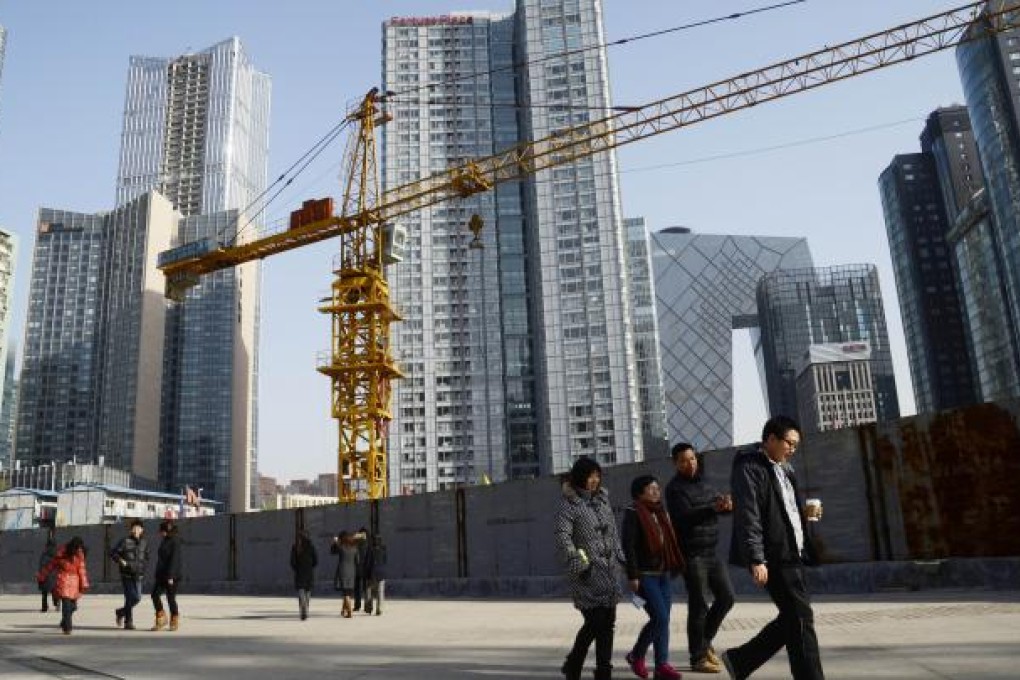China needs faster transition of power to allay uncertainty

In such trying economic times, political uncertainty is not what foreign governments, companies and investors want from China, the world's most vibrant big economy. The nation's growth may have slowed, but it still offers the best chance to help the US, Europe and Japan better weather their financial storms. Yet, while the leaders of the Communist Party are now known, who will hold key government posts will still not be certain until the end of the National People's Congress in mid-March. With the country having already seemed to have come to a standstill for months while the party bargained over who would hold top positions, the delay until the next stage of the political process is completed is nothing short of frustrating for outsiders.
Mainland China does not grind to a halt at such times, of course. Government policies already in place continue as before and mechanisms ensure that crises can be dealt with should they arise. Premier Wen Jiabao's meeting with US President Barack Obama at the East Asia Summit last week was not pointless even though the Chinese leader will soon be leaving office. The views he expressed were still those of the government, as formulated during discussion by working groups and approved by the Politburo Standing Committee. Some policies will change, but that will not be until after the next administration is in place.
But knowing this is of cold comfort to those wanting to do business on the mainland or invest in its companies. With government posts at all levels to be confirmed at the NPC, the uncertainty about which official to approach or who will be in charge remains problematic. Those in high office within the party most likely know; outsiders do not have that information. The consequence is that those wanting to make deals are being told to wait until after March. Few risks are being taken.
Transitions are not so problematic in many other countries. In the US, where Obama was three weeks ago returned for a second term, just two months lapse between the election and taking office. In Britain, it is generally a matter of days. There was less at stake during China's last leadership transition in 2002. Then, the nation was only the world's seventh-biggest economy. But times have since changed dramatically and China now plays an important role in global production and output. The mainland would do well to end the confusion and frustration by shortening the period between leaders being chosen and their taking office.